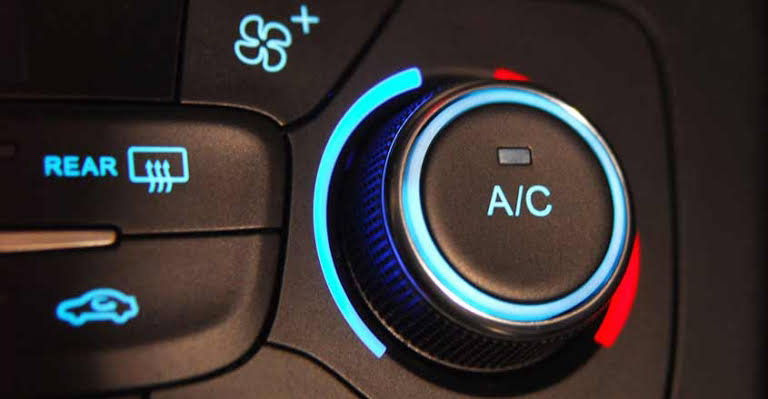When the AC is on, the engine has to work harder to provide the necessary power for the AC compressor, resulting in increased fuel consumption.
The extent of the impact on fuel efficiency can vary depending on factors such as the car's make and model, the outside temperature, driving speed, and whether you're driving in city traffic or on the highway.
In general, using the AC at lower speeds or in stop-and-go traffic can have a more noticeable effect on fuel consumption compared to using it at higher speeds on the highway. Additionally, very hot weather might require more AC usage, leading to slightly higher fuel consumption during those conditions.
While the impact on fuel efficiency is real, it's essential to strike a balance between comfort and fuel economy. In extreme heat, using the AC can be necessary for the well-being of the occupants, so it's a trade-off you might have to make during hot weather.
However, if you're looking to save fuel, you can try using the AC sparingly or use it at lower settings when possible. Rolling down the windows can be an alternative to cool down the car at lower speeds without using the AC, although it may affect aerodynamics at higher speeds which could have an impact on fuel consumption.









No comments:
Post a Comment